The construction and agricultural machinery industry is on the brink of a green revolution, thanks to JCB’s groundbreaking innovation: the hydrogen combustion engine JCB 448 ABH2. Unveiled at Conexpo in Las Vegas, this zero-carbon emission technology represents a leap forward in sustainable heavy equipment solutions. With over 150 engineers dedicated to the project and more than 50 prototypes already produced, JCB is poised to transform the market while addressing some of the most pressing environmental challenges of our time.
A Bold Step Toward Sustainability
Under the leadership of Chairman Anthony Bamford, JCB has emerged as the first construction equipment manufacturer to develop a fully operational hydrogen-powered internal combustion engine. Lord Bamford lauded the engineering team’s rapid progress, emphasizing the significance of this milestone:
“The JCB engineering team has made enormous strides in a short space of time to develop a hydrogen internal combustion engine. I’m delighted we are now able to present this technology on the international stage.”
The hydrogen engine is not just a conceptual breakthrough – it is already being integrated into JCB’s machines. Prototypes have been successfully tested in backhoe loaders and Loadall telescopic handlers, proving the viability of hydrogen combustion for high-performance, heavy-duty equipment.
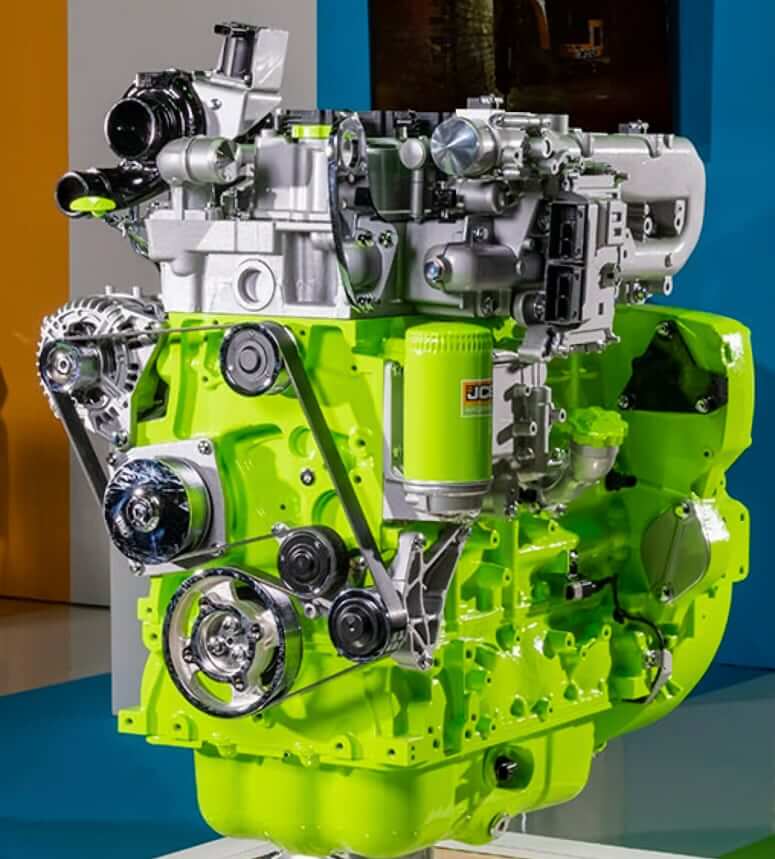
From Concept to Real-World Application
JCB’s innovation extends beyond its own product lineup. In a remarkable demonstration of versatility, the company retrofitted a 7.5-ton Mercedes truck with a hydrogen engine in just a few days. This achievement underscores the potential for hydrogen combustion technology to redefine not only construction and agriculture but also broader transportation sectors.
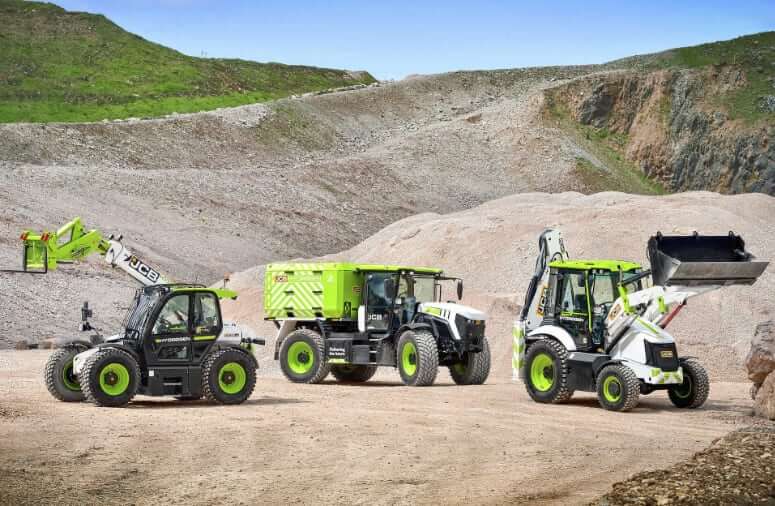
To address the logistical challenge of fueling hydrogen-powered equipment, JCB has developed a proprietary mobile refueling bowser. This portable unit, capable of refueling up to 16 hydrogen backhoe loaders, can be transported on a modified JCB Fastrac tractor or a trailer, ensuring maximum uptime and operational flexibility.
JCB 448 ABH2 Engine Details
| Number of Cylinders | 4 |
| Engine Make | JCB Power Systems |
| Engine Model | JCB 448 ABH2 Hydrogen |
| Engine Type | Hydrogen combustion engine (H2ICE) with near-zero CO2 emissions |
| Displacement | 134 cu in (4.8 L) |
| Bore | 4.17 in (106 mm) |
| Stroke | 5.31 in (135 mm) |
| Gross Horsepower | 100 – 302 hp (74 – 225 kw) |
| Power Measured @ | 1500 – 2200 rpm |
| Fuel System | Compressed gaseous hydrogen at 5076-10153 psi (35-70 MPa) pressure |
| Lubrication System | Pressure system with filter |
| Air Cleaner | Dry replaceable cartridge with safety element |
| Aspiration | Turbocharged |
| Emission Standards | Zero CO2 emissions. Trace levels of NOx emissions are managed via engine tuning |
Why Hydrogen?
JCB’s focus on hydrogen stems from its unique advantages as a zero-carbon fuel. Unlike battery electric solutions, which require substantial downtime for recharging, hydrogen offers fast refueling capabilities, making it ideal for larger machines that operate in multi-shift environments. Hydrogen can also be produced sustainably using renewable energy, further enhancing its appeal as a clean fuel.
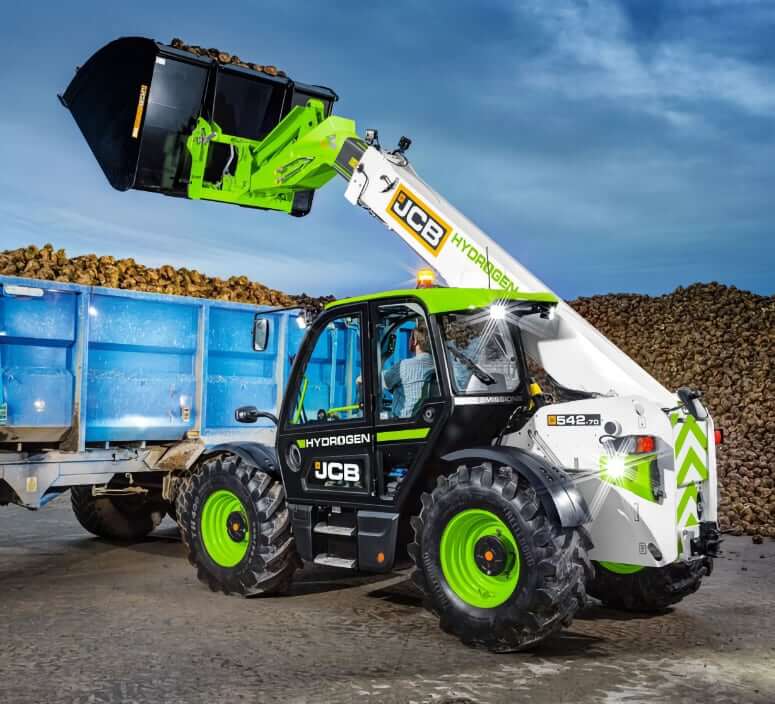
Lord Bamford explained the rationale behind the company’s hydrogen strategy:
“Hydrogen also offers a potential solution to the challenge of batteries on larger machines; it allows for fast refueling and is a mobile fuel solution, allowing fuel to be taken to the machine.”
Leveraging Proven Technology
One of the key strengths of JCB’s hydrogen engine is its reliance on well-established combustion technology. Unlike fuel cells, which JCB found to be expensive and less robust for heavy equipment, hydrogen combustion engines adapt existing diesel engine technology. This approach eliminates the need for rare earth elements and leverages a reliable, cost-effective platform already familiar across industries.
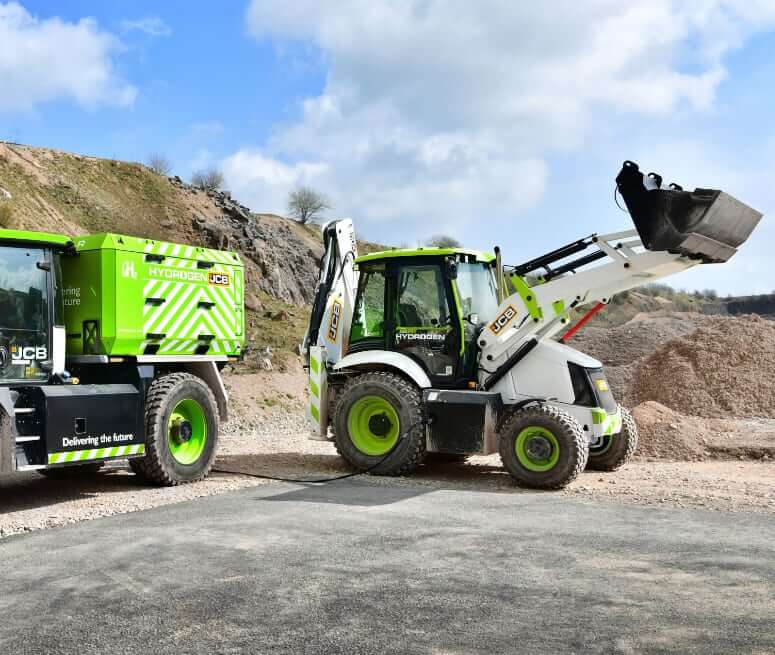
According to Lord Bamford:
“The unique combustion properties of hydrogen enable the hydrogen engine to deliver the same power, torque, and efficiency as diesel engines, but in a zero-carbon way. This technology is robust, reliable, and well-known, making it an ideal solution for construction and agricultural equipment.”
A History of Innovation
JCB’s commitment to reducing emissions spans nearly 25 years. The company’s diesel engines, compliant with stringent European Stage V regulations, have already achieved remarkable reductions in harmful emissions – 97% in NOx and 98% in particulates since 1999. JCB’s emphasis on fuel efficiency has also resulted in machines that use 50% less fuel than those produced a decade ago, saving approximately 16 billion liters of fuel and cutting 53 million tons of CO2 emissions.
Beyond diesel, JCB has led the charge in electric technology for compact equipment, introducing groundbreaking models like the 525-60E Loadall telehandler and the 19C-1E mini excavator, the world’s first electric mini excavator.
Pioneering a Green Future
JCB’s exploration of alternative fuels – including HVO, biogas, E-fuels, ammonia, and hydrogen – demonstrates a comprehensive approach to sustainability. While each option has its merits, hydrogen stands out as the most promising due to its clean production process and compatibility with existing combustion technology.
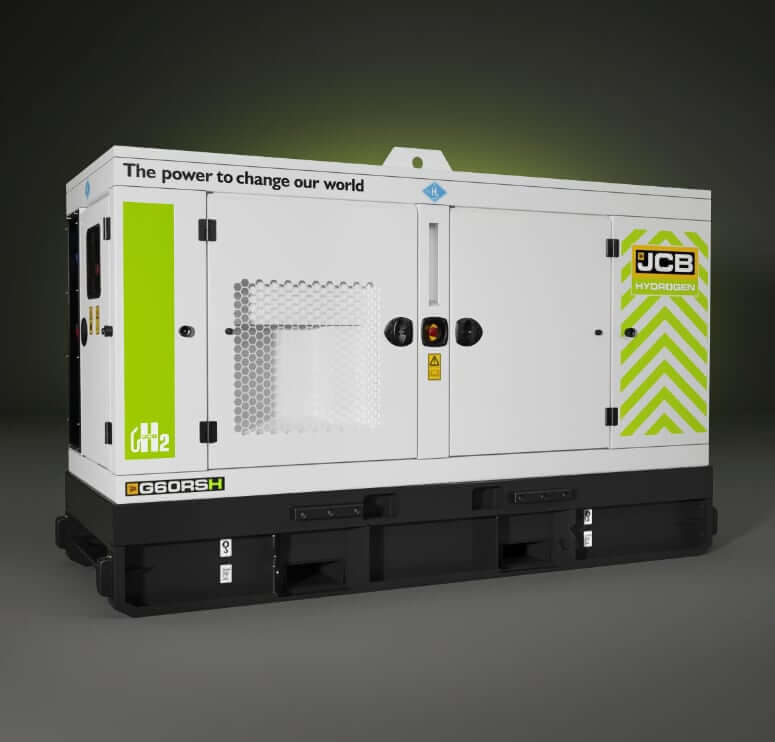
The company’s efforts also extend to hydrogen-powered excavators. In 2020, JCB unveiled the industry’s first hydrogen-powered 220X excavator, setting the stage for further advancements in sustainable construction equipment.
Redefining Industry Standards
The introduction of JCB’s hydrogen engine 448 ABH2 represents a significant shift in the heavy equipment industry. By combining zero-carbon emissions with proven, robust technology, JCB is offering a solution that meets the demands of high-performance machinery while addressing environmental concerns.
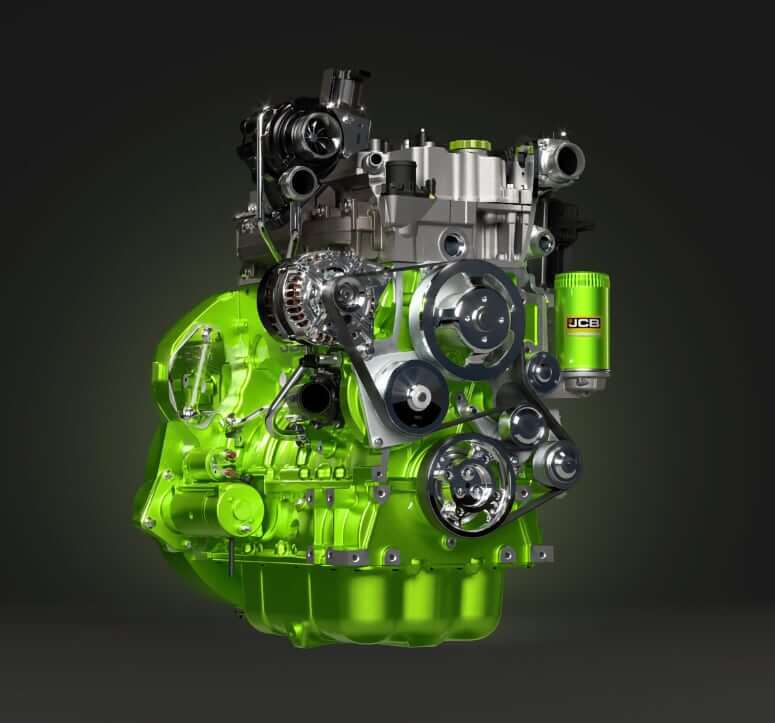
As industries worldwide grapple with the need for greener solutions, JCB’s hydrogen technology stands as a testament to what innovation and determination can achieve. With its hydrogen combustion engine 448 ABH2, JCB is not only altering the market but also paving the way for a more sustainable future.
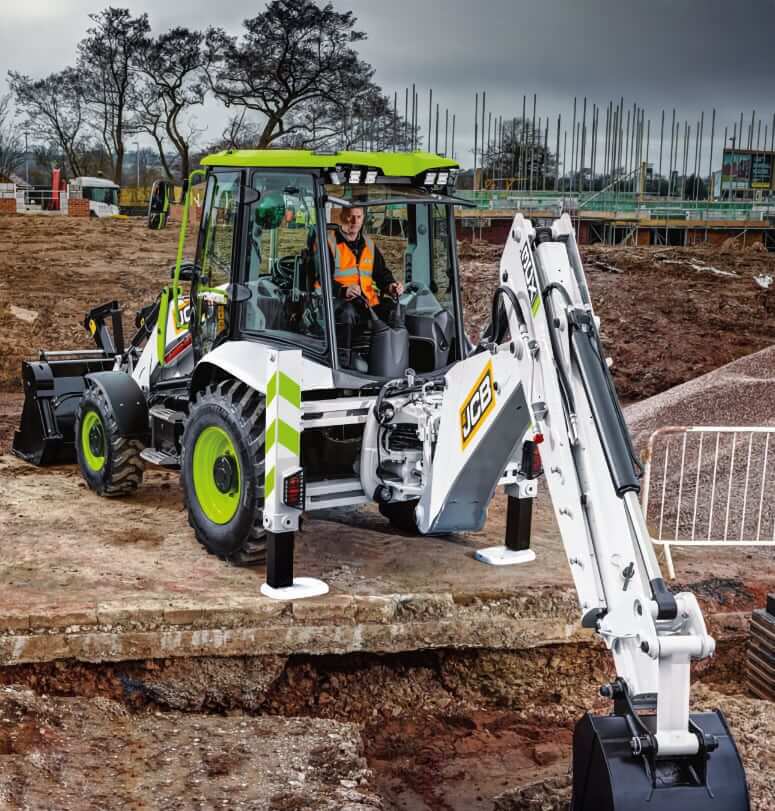
In an era where sustainability is no longer optional, JCB’s pioneering efforts ensure that heavy machinery can remain powerful, efficient, and environmentally responsible.
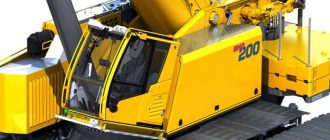

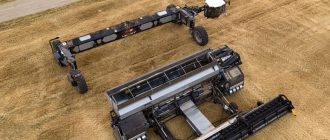
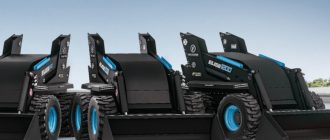
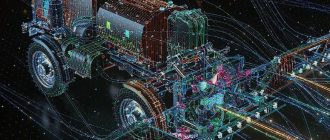

What is the fuel consumption of the JCB 448 ABH2 engine? And how much does it cost to fill the hydrogen tank?
In the U.S. as of 2025, retail hydrogen at public refueling stations usually ranges between $12–$16 per kilogram. JCB has not publicly released the exact hydrogen tank capacity for the 448 ABH2 engine, but based on prototype machines like the JCB hydrogen backhoe and telehandler, estimates suggest:
– Tank capacity: ~ 10–12 kg of hydrogen
– Driving/operation range: ~ 4–5 hours of work per fill (depending on application)
To fill the hydrogen tank of a machine powered by the JCB 448 ABH2 engine, expect to pay approximately: $120 to $180 per full tank, depending on hydrogen price and exact tank size.